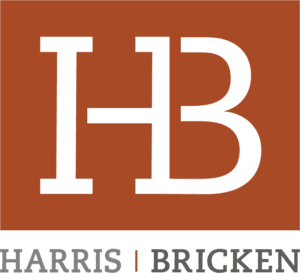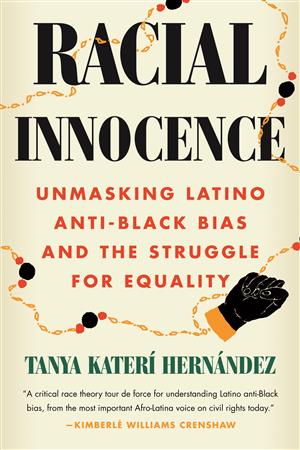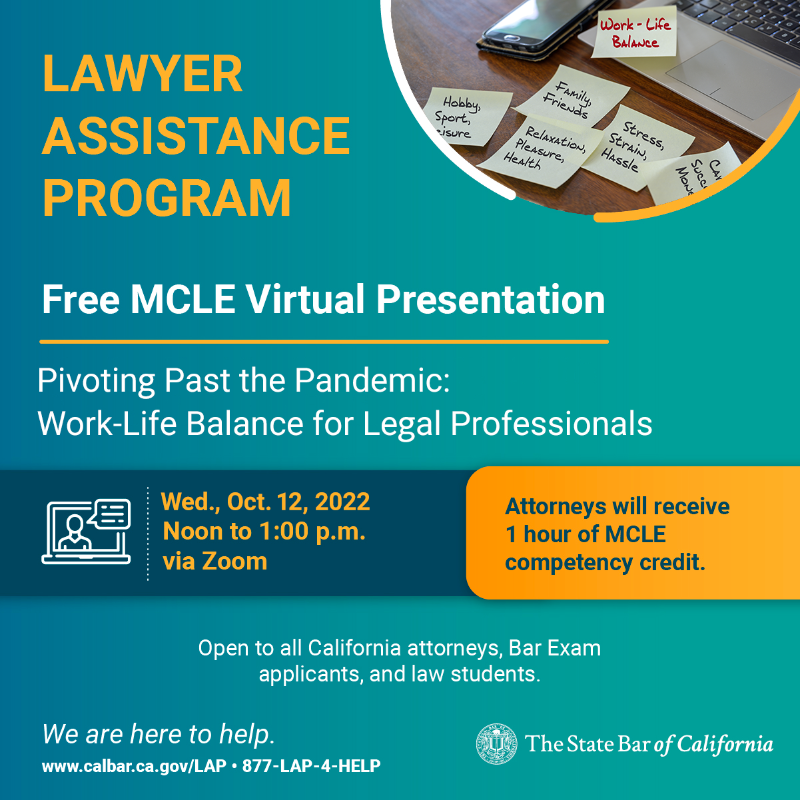In DAOs there are no hierarchies and no central control. DAOs also have no corporate form and therefore no bylaws, operating agreements, contribution agreements, or subscription agreements. The rules of investing and participating, as for cryptocurrencies, are set out on a blockchain in smart contracts, which contain some key terms but rarely track existing corporate laws.
DAOs that fail to implement optimal structural integrations risk being treated as unintentional partnerships complete with joint and several liability for all DAO participants and an inability to enforce any of its contracts with the outside world.
Like cryptocurrencies and blockchains, DAOs are inherently borderless and involve people and organizations across the globe, requiring legal expertise that also extends beyond national borders. In 2021, Wyoming became the first U.S. state to attempt to provide more legal certainty to DAOs. Other states followed, and international jurisdictions are also vying for the coveted title of most crypto-friendly jurisdiction.
Join Jonathan Bench for a live video broadcast hosted by the Federal Bar Association. This event will cover hot topics in LLCs, including WY DAO LLCs, entity type taxation, current operating issues, and ethics.
Webinar Date+Time:
He regularly counsels business owners and presents to national and global trade organizations regarding international business transactions, particularly foreign direct investment. Jonathan is also an emerging expert in the fast-moving and complex Web3 ecosystem, including decentralized autonomous organizations (DAOs), decentralized finance (defi), cryptocurrencies, coins and tokens, including non-fungible tokens (NFTs), and smart contracts. He has worked on wide-ranging blockchain projects involving DAO communities, NFT artists and studios, blockchain developers, metaverse companies, and celebrity brand influencers.
















